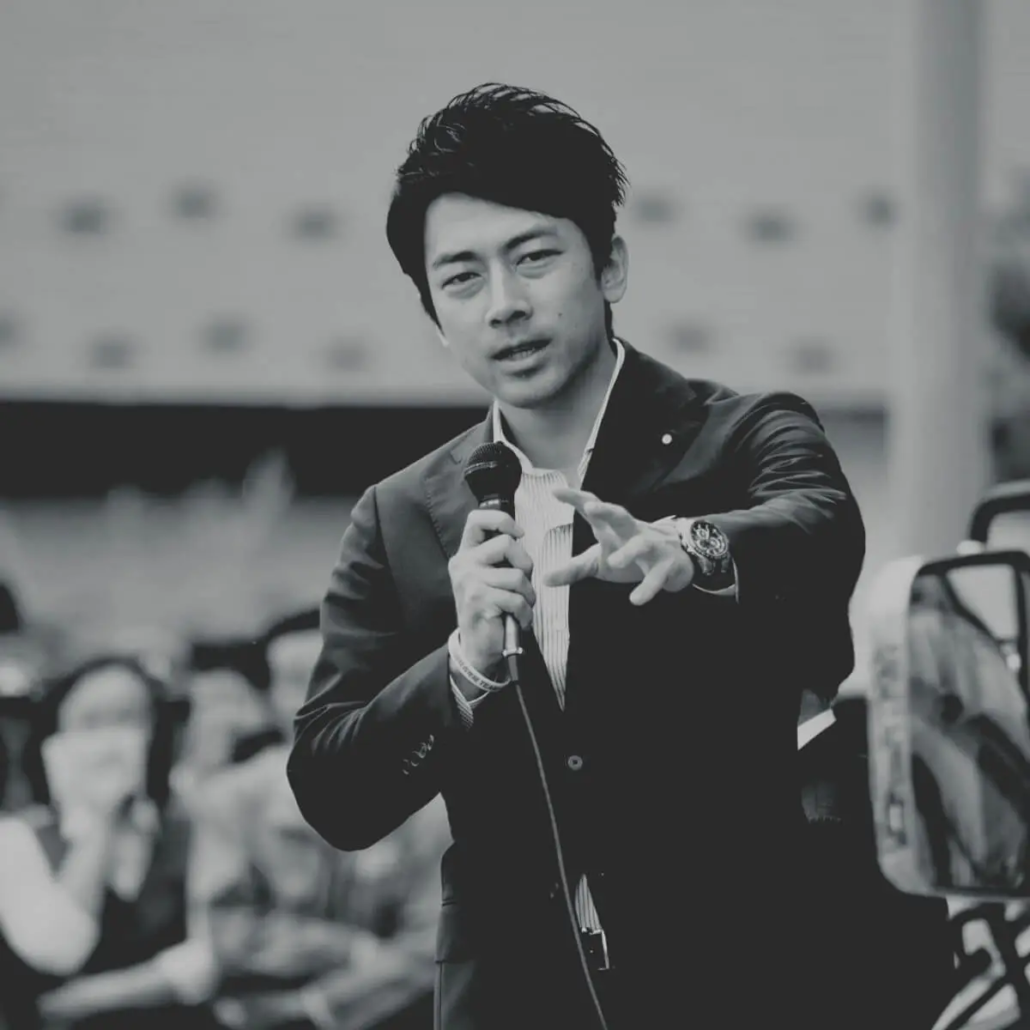Snap Election 2021
You Just Know It’s Coming
An Election’s In the Cards
Roam the halls of Nagatacho, Japan’s Capitol Hill, and you will hear hushed conversation across the aisles: “When’s the snap election going to be?!”
7 months into the Suga administration, we are quickly coming to the conclusion that we’ve got another election on our hands. But not just any election; a snap election! While the Prime Minister does not have to call a snap election, there’s certainly precedent for it in Japan’s modern history.
In fact, the last time the Japan House of Representatives had a non-snap election was 1976. So, either Suga is going to return us to the days of disco, or he’s going to pull the ripcord soon.
Several Signs
One thing is certain, the ruling Liberal Democratic Party’s Secretary-General Toshihiro Nikai has been raring for a snap election. My colleagues inside the outer moat of government reliably includes grumble about PM Suga not calling a snap election last Autumn, when his leadership was in its infancy, approval ratings were high, and thus the timing was right.
Except, what about the pandemic?
Indeed, the COVID-19 pandemic has caused lots of new realities for the kabuki theater known as Japanese Elections. Most of Japan’s 465 House of Representatives are elected by rural districts, which have been largely safe from the health hazard of coronavirus.
Unfortunately for politicians, they have found that their risk-averse electorate is less than thrilled by their elected representatives’ ferrying back and forth between home and Tokyo, raising the risk of infection.
Japanese election campaign strategy is an overwhelmingly analog affair. Internet campaigning and social media political activity is still not at the same level as other major democratic nations. As such, a pandemic is not an ideal situation for holding an election in Japan.
So When’s the Election?
Option 1: May 23
This would be a surprise for everyone, several veteran politicians included. Additionally, it would be risky given coronavirus’ daily infection numbers rising in Tokyo, Osaka, and other metropolitan areas. As such, calling a snap election in the near term would likely trigger backlash. That said, this date is enticing enough to make tabloid headlines, so it cannot be completely discounted.
Option 2: Late June or Early July
With the rescheduled Tokyo 2020 Olympic and Paralympic Games open on July 23, a snap election would not logically happen too close to the opening ceremony.
One noteworthy date is July 4, the Tokyo Metropolitan Assembly election, crucial for Tokyo Gov. Yuriko Koike, her Tokyoites First Party. There will surely be a referendum on her administration’s stringent coronavirus mitigation policies. Last year, Gov. Koike proved popular among voters, so it will be interesting to see how Tokyoites First fares this year, ironically on the US’ Independence Day.
Fireworks sold separately.
Option 3: September
With the Tokyo 2020 Olympics closing on August 8, and the Paralympics taking place from August 24 to September 5, that leaves some time in September as an option for a snap election. Recently, Kyodo News reported that PM Suga stated he could call a snap election before his term with the Liberal Democratic Party ends on September 30.
So, when will PM Suga make the big decision? This one is a bit easier to read. On April 25, there are supplementary elections for the House of Councilors in Nagano and Hiroshima, and for the House of Representatives in Hokkaido. This will give PM Suga and his Liberal Democratic Party a basic idea of where their popularity stands.
Following this logic, a good outcome equals a sooner snap election, and a less favorable outcome means it will be pushed out. Or is it the other way around?
Parthenon Japan is a strategic communication firm based in Tokyo, Japan. We specialize in creating inspiring campaigns for global companies.
Successful government relations in Japan requires high competency in lobbying: the art of influencing policy decision-makers. Our lobbyists can help you with the A to Z of advocacy in Japan. Our 360-degree approach includes planning and development of a robust outreach strategy, creating materials in Japanese & English, holding events, and developing dynamic opportunities to engage stakeholders. We have the tools you need to effectively communicate your position and rationale to Japan’s legislature and government ministries.



 Dario Crisafulli
Dario Crisafulli